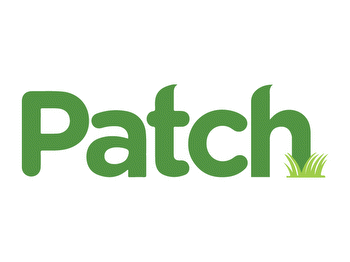South Kesteven District Council says stricter rules needed for online gambling

Stricter rules are needed for online gambling, council leaders have said.
The current national regulations lead to “unnecessary hardship”, South Kesteven District Council’s cabinet heard.
A draft of new licensing principles was passed this week for betting shops, bingo premises, casinos and other places that allow gambling.
- If you or someone you know is affected by gambling addiction, you can contact support service GamCare free of charge on 0808 8020 133 or through its website.
However, Coun Robert Reid (Con) said that online regulations – which are out of the council’s control – needed addressing.
“What this policy isn’t responsible for is online gambling and that’s something which is currently very much in the news. Safeguards are hopefully forthcoming in a government white paper,” he told the cabinet meeting.
“It’s something I feel certainly needs strengthening and leads to unnecessary hardship which could be avoided.
“It is a matter not just dear to my heart but every cabinet member and officer.”
Social media and TikTok have been criticised for not doing enough to protect young users from exposure to gambling.
Council leader Kelham Cooke (Con) agreed, saying: “We all have friends and family members who have suffered forms of addiction, and sadly gambling is one of those forms which affects so many people in our community.
“Whatever we can do to support members through signposting and our hardship fund, we will do.”
The licensing principles aim to allow gambling without it becoming a source of crime, disorder, or exploitation for children and vulnerable people.
Small society lotteries are the most common form of licensed gambling in South Kesteven according to the report, with 147.
There are also 104 pubs or restaurants with gaming machines, nine betting premises, and one adult gaming centre.
The statement of principles is reviewed every three years.
The latest update will cover 2023 to 2026, following a period of consultation in recent months.


































